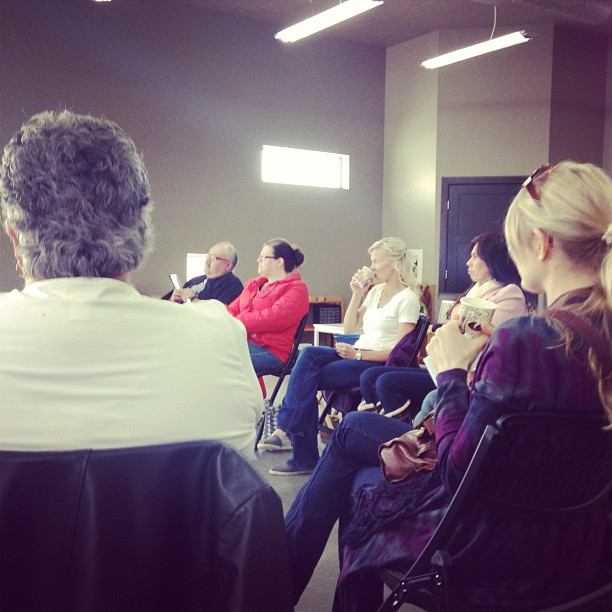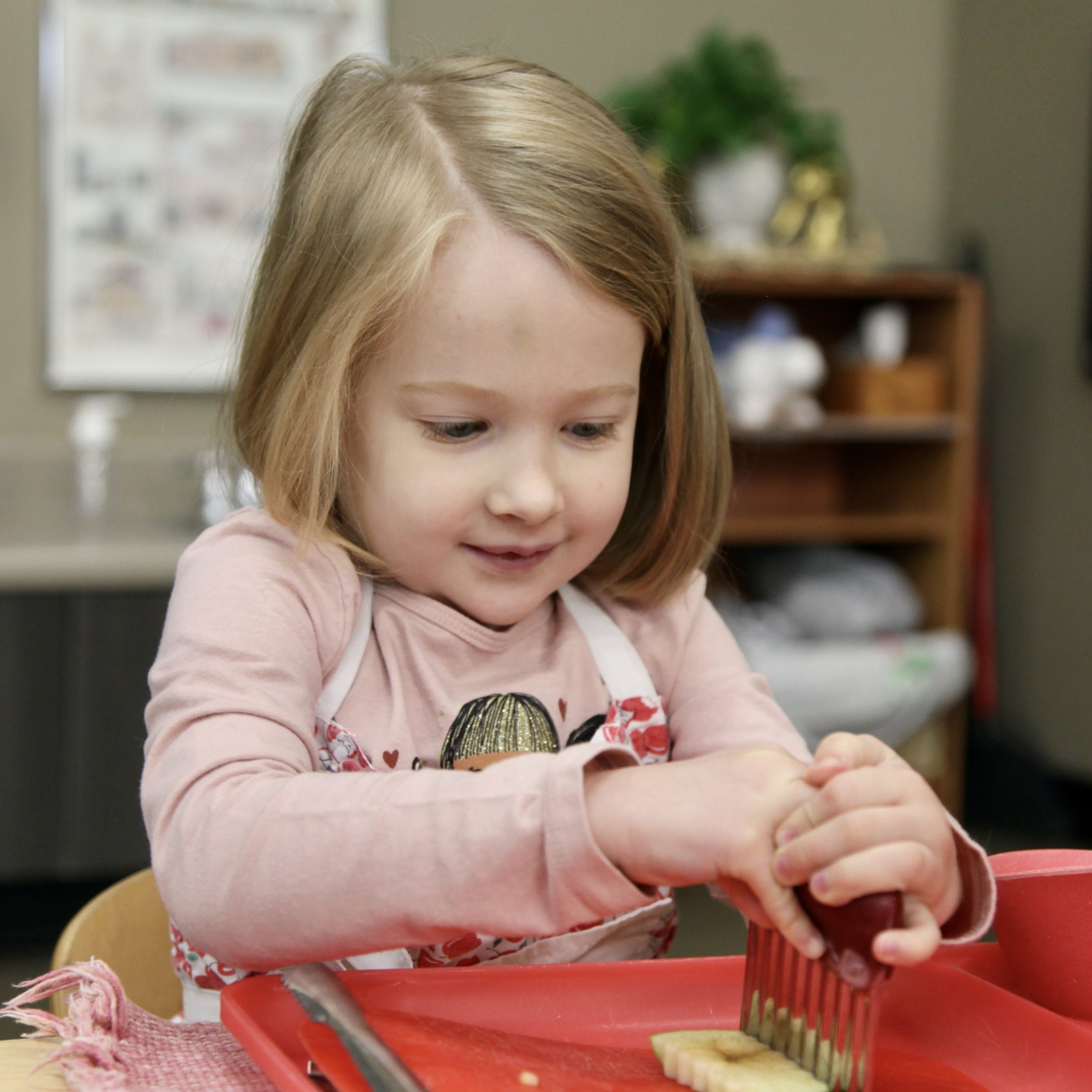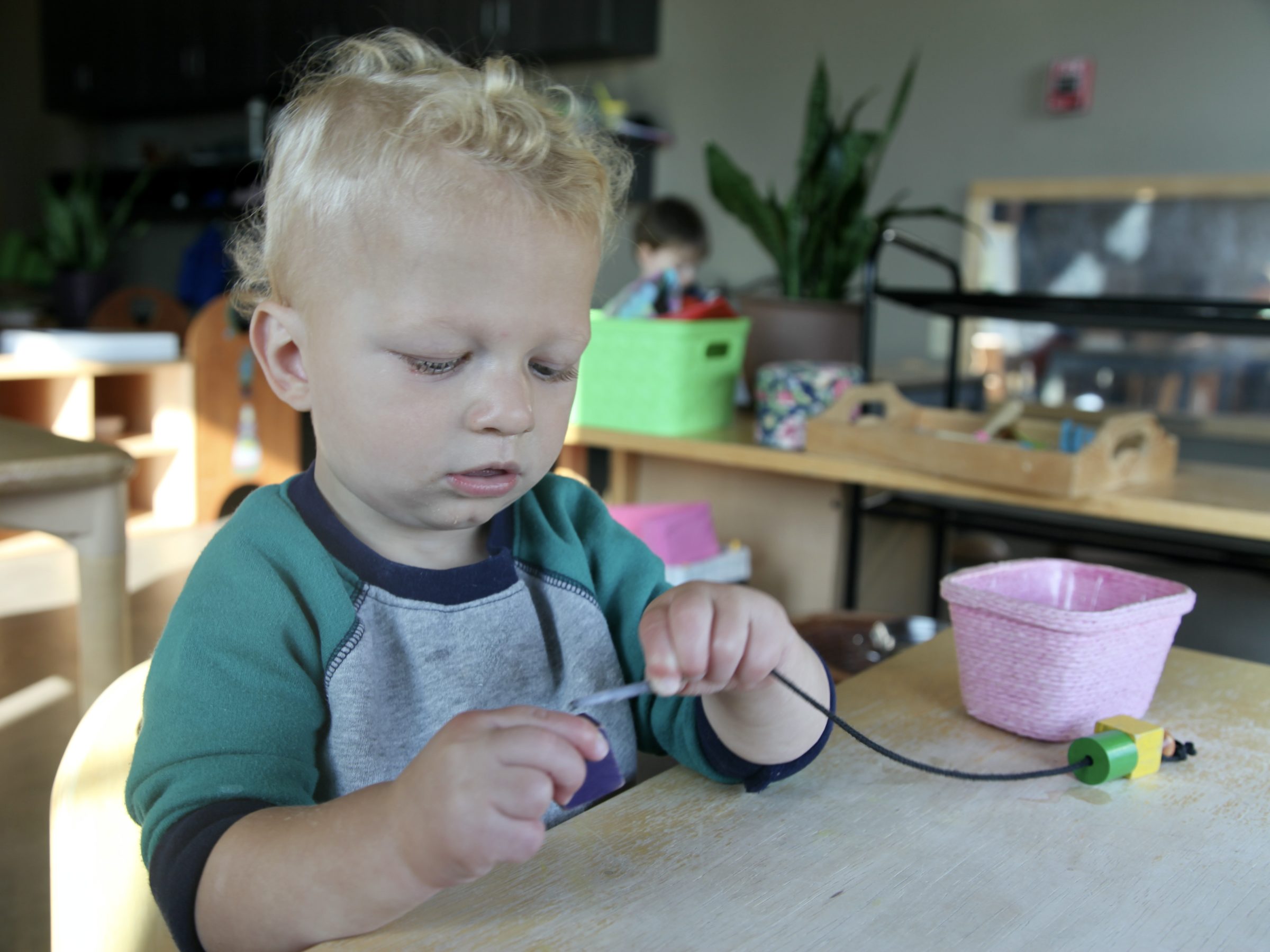These are our future leaders
Thoughts & Reflections
We thought we’d put together a few of the notes from our latest parent education workshop on “The Importance of the Kindergarten Year”. This was, perhaps, the most powerful and engaging workshop that we’ve ever hosted, with so many wonderful testimonials and questions.
Mrs. Will jumpstarted and framed the conversation with some terrific observations and comments on why the Montessori approach to education is so successful, as it concentrates on the “individual needs of the students”, as opposed to the “needs of the group”. She went on to explain how kindergarten was “originally started to prepare workers for factories”. When you think about this model, it almost makes perfect sense.

For instance, in traditional education, and Mrs. Will was very careful not to devalue the role that this style of learning can play for families, children are taught the exact same thing at the exact same time. You only need to close your eyes and envision a massive warehouse at the start of the industrial revolution to grasp the extreme example of this imagery.
In traditional education, and despite their interests, students are required to follow along with the chosen subject. “Between ten and eleven today we’ll work with our letters,” explains the teacher. “Then, at eleven, we’ll switch things up and start in on our numbers.” Everyone, regardless of their abilities, is expected to engage with the work. Not only is it presumed that everyone can understand the material at the same rate, they’re also evaluated with tests or quizes to judge the work.
In Montessori, of course, we believe that everyone learns differently and at their own pace, and that, as educators, we are here to accommodate the wealth of interests on an individual, personalized basis. “Yesterday,” explained Mrs. Will, “we had a student who worked on an activity all day. She did it, not for me, but for herself.” Can you imagine that happening in a traditional setting? No. It’s just not set up that way, which isn’t necessarily a criticism, so much as an observation.
At Baan Dek, we truly believe that all we can do is explain the different systems, and leave it up to families to decide what is best for them.
As Mrs. Will wrapped up her presentation, Ms. Wood joined in with a few comments of her own. She started off by saying, “We’re just a series of preferences.” Which is to say, everyone has their own interests and proclivities. She went on to articulate why the Kindergarten year is so important, as it’s the completion of a cycle. “There are certain things that happen in Kindergarten that simply require age and physical maturity to achieve,” describes Ms. Wood.
Ms. Wood then goes on to provide a few recent, concrete examples from the classroom. “My Kindergartners are all really excited about having beautiful handwriting. They have all wanted to be able to write since they could compose words with the Moveable Alphabet, but it was only when their hand was large enough and they had the amount of manual dexterity to be able to write with grace. This is not merely a matter of how much time theyʼve spent in the classroom, since many who came to us when they were 2 will leave when theyʼve spend 4 years in the primary class; it is a function of being old enough to notice, having the desire to improve this skill, and having the hand control to make it happen.”
But, it is often asked, “Won’t the children have exhausted the materials in the classroom by the Kindergarten year?” Ms. Wood elucidates: “No matter how far along a child is in math or in language, the materials are never exhausted. Even for a child who is incredibly gifted in math and loves doing it, the four year olds brain is still very much geared toward the sensorial and practical life materials, and they still need and want to spend lots of time in these areas. It is natural for a childʼs development to dictate them spending much more time in the academic areas of the classroom when they are kindergarten age. It is not uncommon for one of my kindergartners to spend the entire day on one work. They work they do, the work they are now ready for is “Big Work,” and they have the focus and determination to see it through. Theyʼve been building these skills since day one, and Kindergarten is when it all pays off.”
With all of this discussion about academics, we must also remember that we truly believe that social success leads to academic success, and that, as Ms. Wood concludes, “One of the most important aspects of Montessori is not academic. These are our future leaders.”
If you have any questions, or would like to share any thoughts on the “Importance of the Kindergarten Year”, please don’t hesitate to get in touch, or leave a comment below.
Written by:
Bobby George



